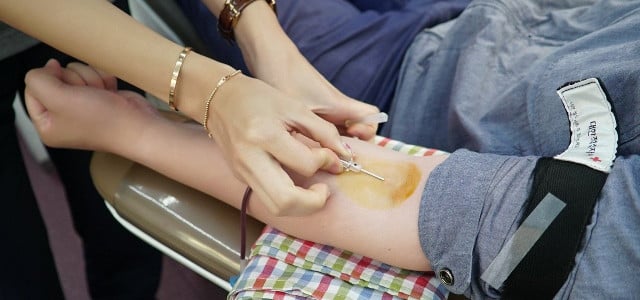
Almost everyone can donate blood: R – and with your donation you help other people in life. Here you will find answers to important questions that you might ask yourself in advance.
Blood donations are extremely important and can save many lives. In Germany, around 2,500 blood donations are required every day. This amount can only be provided thanks to the voluntary donors: inside. A blood donation does not harm a healthy person, but can decide for the sick or injured in an emergency about life and death.
If you also want to help save life with your blood, you will surely have a lot of questions before your first blood donation. We explain everything you need to know about blood donation.
Donate blood: important information in advance
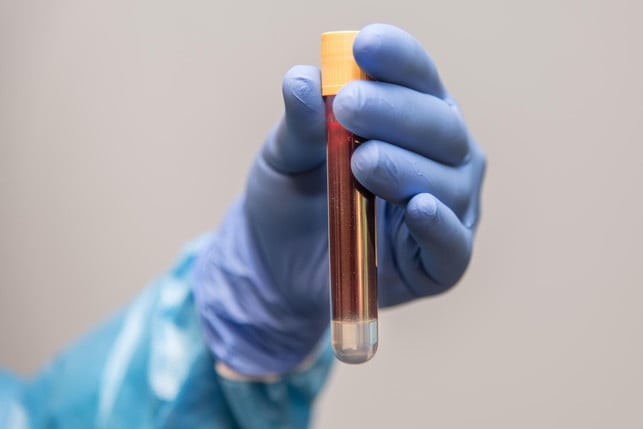
Before the first blood donation, potential donors arise: usually two questions inside:
- Can I infect myself with diseases?
- Am I paid for it?
The most important thing in advance: At the blood donation, you cannot infect yourself with diseases. Every blood donation is important because it can save life to another person in an emergency. For you as a donor: there is no health risk.
According to § 10 of the Transfusion Act, there is no payment in the actual sense for donating blood. Donor: Inside, however, an allowance, usually around 20 euros, receive a voucher and/or a small refreshment. This varies depending on the provider and region.
Why are blood donations so important, you can also read here: do good: do you help you in your blood?
Donate blood: how does the whole thing work?
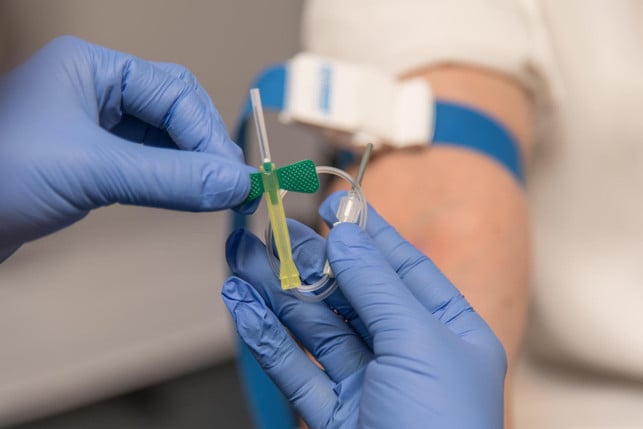
You will be registered before the actual blood donation, your donor data will be recorded and a short medical examination (e.g. pulse measurement) is carried out. The donation itself does not take long – usually only about ten minutes, at least with full blood donations. With special types of donation (e.g. plasma donation), the process can take significantly longer.
After that you stay for a while, because after donating blood you should rest, drink a lot and eat something. Then your circulation quickly normalizes. Snacks and drinks are usually available free of charge after donating blood.
- For the whole process, you can expect about an hour for a thoroughbred donation. When donating plasma or thrombocytes, it may well be that you have to plan twice the time or more – especially when the first donation.
After the donation, your blood will be sent to a laboratory and examined there. If noticeable discoveries are made, you will be informed immediately.
Note: The institution gets your blood donation free of charge. According to DRK, the subsequent resale to hospitals covers the costs to produce the blood preparations.
Who can donate blood?
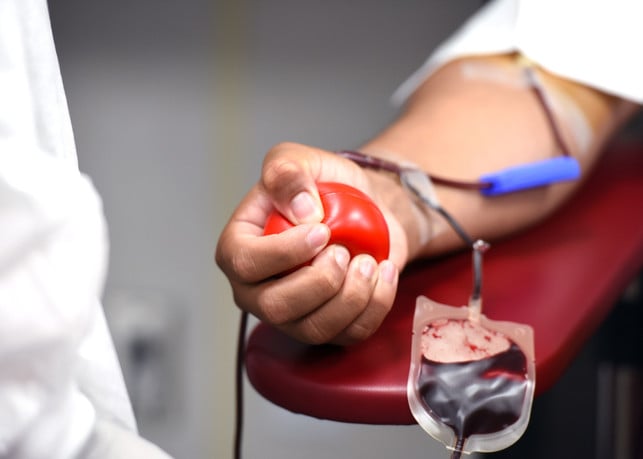
Not everyone: R may donate blood – there are some prerequisites for it. Among other things, you have to:
- be at least 18 years old
- weigh at least 50 kilograms
- Feel all round healthy
In addition, there must be at least 56 days between individual blood donations. Men are allowed to donate women only four times a year. Since 2023 there has been no maximum or more blood tender: more inside. Instead, people from 60 years before the first donation or after a long break are decided individually and in medical consultation whether the person is suitable as a donor: in or not.
Regardless of age and gender, only those who have suitable hemoglobin values may. These values are tested before each donation.
Tip: If you are not a blood donor: in question and still want to do good, you can also support serious organizations by donating.
If you don’t know where you can donate blood, you will find it on the website of the German Red Cross, for example. There you will find all dates for your city listed. The German Red Cross covers about 70 percent of the need for donations.
Donate blood: what happens to the blood?
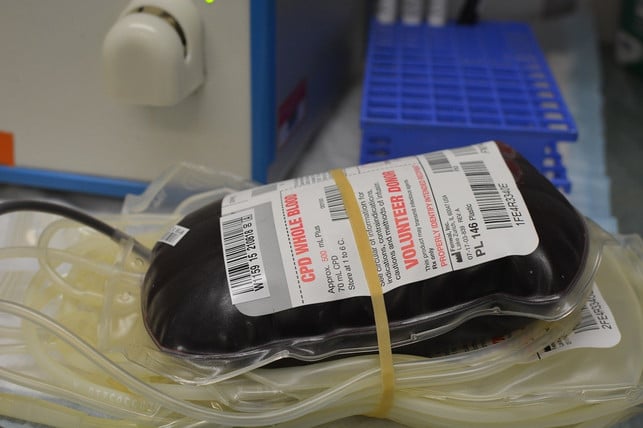
Blood donations are extremely important for the health system. With serious injuries and major operations, nothing works without blood. Did you know that a large part of the population is at a donor at least once in life: internal blood?
Most of the blood is used for cancer, heart and gastrointestinal diseases. This is followed by injuries due to accidents. In the event of serious accidents, according to DRK, up to ten blood conserves may be necessary.
The donor card

The donor card is available in two forms:
Analogy
Since January 2012 there has been a blood donation card in practical card format. When you donate blood for the first time, you will receive the ID about four weeks after the blood donation by post. Among other things, your blood group is noted on this.
Digital
There is also the digital blood donation card. With this variant you can be scanned on site by barcode or QR code, without any paperwork. You still have to have your valid photo ID (ID card) with you. You can activate the digital blood donation card with your donor number. You will usually receive this by post within four weeks of your first donation.
Despite the growing popularity of the digital blood donation ID card, the blood donation card made of paper remains valid.
Important: Always wear your analog donation ID with you when you have one. If you get into an accident and need a transfusion, it can save precious time.
By the way: Did you know that besides blood you can also donate bone marrow and hair?
Revised by Jennifer Watzek
Read more on utopia.de:
- Promote blood circulation: With these measures you can improve them
- Blood group diet: it really makes sense
- Cuddly toys donate: This is how plush toys in children arrive correctly
** marked with ** or orange underlined Links to sources of supply are partially partner links: If you buy here, you will actively support Techzle\.com, because we will then receive a small part of the sales proceeds. More information.